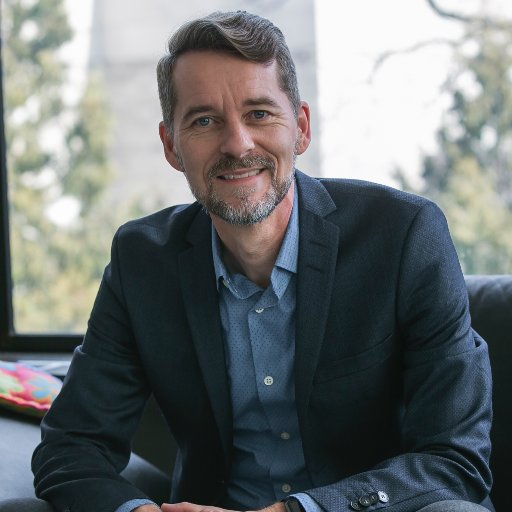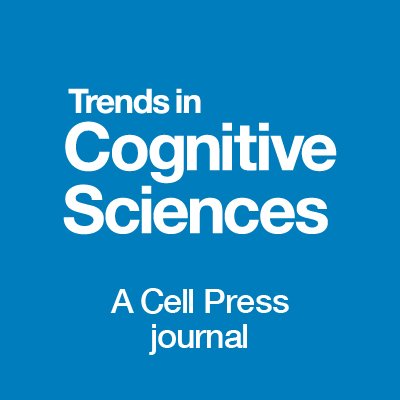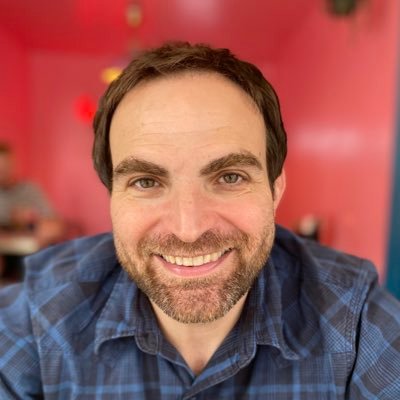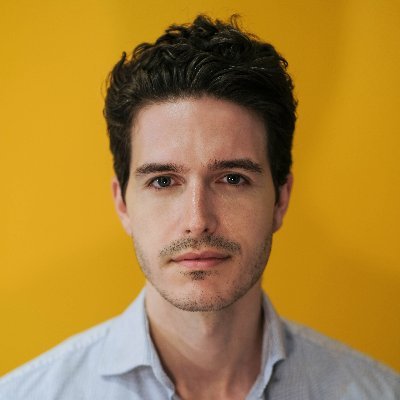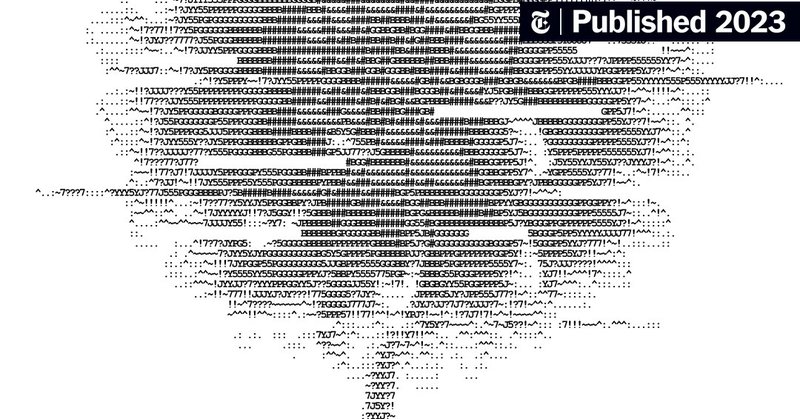
Pablo Contreras Kallens
@pcontrerask
Followers
127
Following
85
Media
5
Statuses
89
Ph. D. candidate, Cornell Psychology in the Cognitive Science of Language lab. Serious account.
Ithaca, NY
Joined September 2020
I've been having a nice time talking to @denizcemonduygu about maps and graphs of philosophical discourse, and thought I'd repost my bibliometric map of the phenomenology literature. Dots are authors, links are citations, and colors are clusters.
3
8
83
@CSL_Lab alumn @pcontrerask talks about how feedback is crucial for getting large language models to produce more human-like language output, such as making similar agreement errors and being sensitive to subtle semantic distinctions
1
1
5
Information density as a predictor of communication dynamics Spotlight by Gary Lupyan (@glupyan), Pablo Contreras Kallens (@pcontrerask), & Rick Dale on recent @NatureHumanBehav work by Pete Aceves (@peteaceves) & James Evans (@profjamesevans) https://t.co/1Ol3agjOR5
0
12
54
How do infants learn to produce the consonant sounds of their ambient language? To find out, check out our CogSci proceedings paper “Statistical learning or phonological universals? Ambient language statistics guide consonant acquisition in four languages” A 🧵: /1
2
6
28
it's me!
Huge congratulations 🥳to 👉Dr.👈 @pcontrerask who just passed his PhD defense with flying colors!👏 He defended his dissertation in @CornellPsychDpt THE COMPUTATIONAL BRIDGE: INTERFACING THEORY AND DATA IN COGNITIVE SCIENCE Follow @pcontrerask to see the papers
1
0
15
I'm delighted to announce the publication of our free, open access book, "Horizons of Phenomenology", a collection of essays on the state of the field. A brief thread about the book, and the long and ultimately victorious struggle to publish it open access. 1/
10
39
139
Just realized I didn't include the link. Here it is!
I'm delighted to announce the publication of our free, open access book, "Horizons of Phenomenology", a collection of essays on the state of the field. A brief thread about the book, and the long and ultimately victorious struggle to publish it open access. 1/
1
4
18
In sum, the ideas that children (a) have innate syntactic categories and (b) NEED them because they can't construct them via distributional analyses alone are NOT straw-men but real and influential proposals in the child language literature 7/n
1
1
16
I've seen lots of threads about large language models (LLMs) and their implications for language acquisition BUT not many threads by language-acquisition specialists. So here's my two cents on how LLMs undermine SOME SPECIFIC PROPOSALS for acquisition of syntactic categories 1/n
4
13
83
For the Friday evening crowd still mulling over Chomsky’s op-ed, here’s a key passage from our recent letter in @cogsci_soc. There are absolutely some things LLMs cannot do. But what they can do, they do very well - and that demands attention. https://t.co/TFWExGgHVj
If you are unsatisfied by Chomsky et al.'s painfully petrified op-ed, boy do I have a read for you! It wasn't planned, but CogSci just published a letter by @MH_Christiansen , @ross_dkm and I arguing quite literally the opposite, at least re:language. https://t.co/fOW788uCyL 🧵
0
5
11
@pcontrerask @ross_dkm And for those who’d like a less academic take on the issues in this article, take a look at our short piece in the @ConversationUS: https://t.co/Zlx998wcVJ
theconversation.com
Linguists have long considered grammar to be the glue of language, and key to how children learn it. But new prose-writing AIs suggest language experience may be more important than grammar.
0
3
8
Another day, another opinion essay about ChatGPT in the @nytimes. This time, Noam Chomsky and colleagues weigh in on the shortcomings of language models. Unfortunately, this is not the nuanced discussion one could have hoped for. 🧵 1/ https://t.co/nEUNoxUcbY
nytimes.com
The most prominent strain of A.I. encodes a flawed conception of language and knowledge.
30
224
1K
So. Let's grant that GPT and its ilk are unreliable ethically problematic parrots. My hunch is that 20th Century theories of language would have been very different if parrots were half as good as GPT at summarizing the plot of Dragon Ball in the style of a Shakespearean sonnet.
0
0
3
Moreover, language has culturally evolved to fit the cognitive niche of humans, not LLMs. It is immediately assumed that the situation of a child is more precarious than an the LLM's. But this is not as obvious as a first hunch might tell you. It is, again, an empirical question.
1
2
1
But in another sense, this is a misleading characterization. Sure, LLMs get much more (although not INFINITELY more) words than a child. But a child is embedded in a natural and social world, interacts with it, and has a much richer experience and cognitive machinery than LLMs.
1
0
2
There's also the point of the amount of training and size of LLMs. More work needs to be done on how brittle this performance is, how much their similarities with humans are dependent on their size and gigantic input, or whether they can simulate developmental trajectories [...]
1
0
1
There's a couple of nuances. How good of a model of human language learning LLMs are is still to be fully determined. However, this is an empirical question, and a lot of work keeps showing that the similarities are there. They can't be just waived away based on a hunch.
1
0
1
Replies that appeal to e.g. competence v/s performance, language being more than tracking statistics, etc., are assuming what they are supposed to show. This whole theoretical and conceptual apparatus was postulated because what these models can do was supposed to be impossible.
1
0
1
A historical example. In what is taken as a "seminal" takedown of connectionism, Pinker and Prince (1988) contemplate the possibility that NNs could "master the past tense", but that was merely a "vague hope" (183). Well, here we are, with a model that can do much more than that.
1
0
2
This contradicts the central core of the PoS. It is a little bit jarring to read people so casually dismissing something they claimed was literally impossible, i.e. a full-fledged, statistical learning-based model of grammar.
1
0
4

